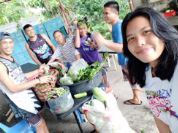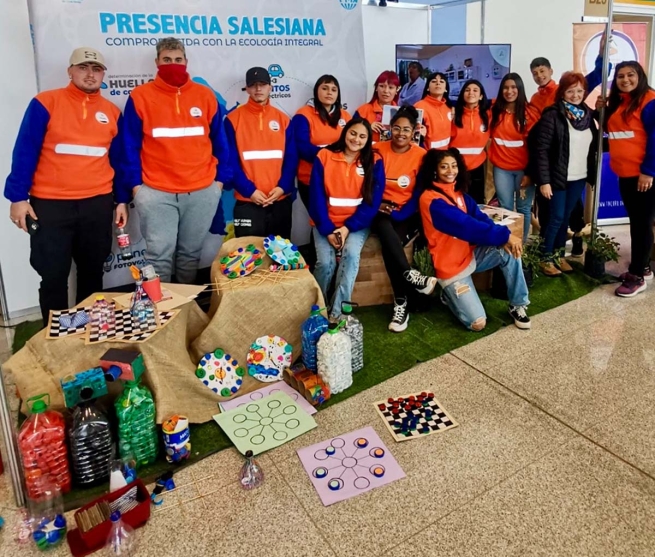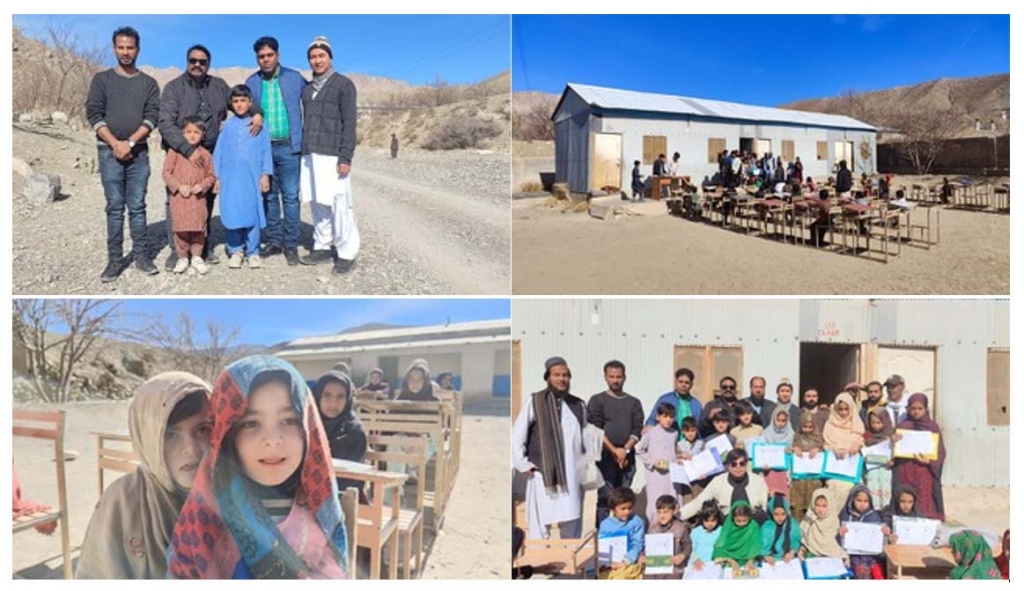PHILIPPINES: Garden feeds 60 technical training students

Project is named after Pope Francis’ 2020 Laudato Si’
(MissionNewswire) Don Bosco Technical Vocational Education and Training Center, located in Balamban, a municipality in Cebu, Philippines, recently harvested vegetables growing in its Laudato Si’ Garden. The garden is named after Pope Francis’ 2020 Laudato Si’, which had as its theme “Good Christians and Upright Citizens.” Pope Francis underlined the importance of education and training that will help youth shape a lifestyle and foster environmental responsibility.
The garden is tended by Father Tass and a team of trainees from the center to provide nutritious food for 60 students attending the Don Bosco Center. A Salesian explained, “The garden’s existence is deeply rooted in the center’s sustainability plan, serving as a living example of environmentally friendly practices and fostering a profound appreciation for nature and ecological responsibility among the students.”
The Don Bosco Center was established in 1998 with a course offering industrial welding. It has expanded to offer additional welding qualifications for students such as basic gas metal arc welding, basic flux cored arc welding and shielded metal arc welding. The center is part of 18 Salesian technical and vocational training centers in the Philippines.
“Throughout the Philippines, Salesian missionaries offer a variety of educational and social development programs for at-risk and marginalized youth,” said Father Timothy Ploch, interim director of Salesian Missions, the U.S. development arm of the Salesians of Don Bosco. “The goal is to provide the opportunities necessary to gain an education and skills training to break the cycle of poverty and retain long-term employment.”
More than one-quarter of the population of the Philippines lives in poverty, according to UNICEF. Poverty is most severe and widespread in rural areas where 80% of the population — close to 88 million people — make their home. The poorest Filipinos are Indigenous populations, small-scale farmers who cultivate land received through agrarian reform, landless workers and fishermen. In addition, poverty rates are higher for women than men.
Illiteracy and high levels of unemployment contribute to the elevated poverty rate. With more than 11 million out-of-school youth in the country and dropout rates doubling as children reach secondary school, access to education becomes a critical step in breaking the cycle of poverty.
###
Sources:
Photo courtesy of Don Bosco Center Balamban
Don Bosco Center Balamban – Harvest Time
Salesian Missions – Philippines
UNICEF – Philippines





